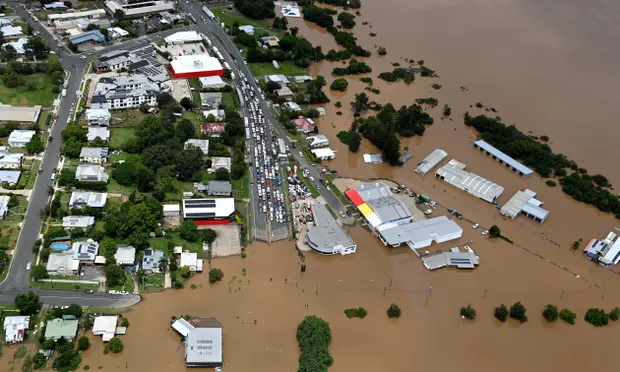As the risk of losses due to the climate crisis escalates, banks expect to reduce lending to households and businesses in northern Australia and to fossil fuel industries across the country.
A new report by the Australian Prudential Regulation Authority (Apra) found climate change could make banks more vulnerable to economic downturns as they face up to a threefold increase in lending losses by 2050, but that the system should be able to absorb the impact.
According to the climate vulnerability assessment (CVA), banks’ lending losses on mortgages were expected to be higher in parts of northern Australia, which is at greater risk of extreme weather events including cyclones and heavy rain. Modelling from the banks suggested lending losses in Queensland could increase by 35% between 2030 and 2045.
Read also: NISS says soil nutrient loss affects nutrition, sustainable food security
The assessment further found that Australia’s five biggest banks – ANZ, Commonwealth Bank, Macquarie, NAB and Westpac – were likely to respond to the potential for higher lending losses by tightening loan-to-value ratio limits on new mortgages and reducing lending to regions and economic sectors most at risk unless there was additional government policy support.
In their reactions, observers said that the assessment was a good start in considering climate risk on banks but did not go far enough in assessing the impact on all parts of the economy, or the cumulative effect of extreme events and rising temperatures.
Policy director with the Investor Group on Climate Change, which represents $2tn in assets under management, Erwin Jackson said that there was a lot of variability in the results from different banks, in part because the models were new and the data incomplete.
“The government needs to increase funding for the underlying climate science, and the banks need to significantly improve their analysis that translates the science into comprehensive climate risk models,” he was quoted as saying.
Speaking further, Jackson said that the assessment showed banks were changing their lending practices.
“That means pulling back from banking vulnerable industries and regions,” he said. “Investors are also undertaking similar approaches in response to climate risks.”
Story was adapted from the Guardian.
